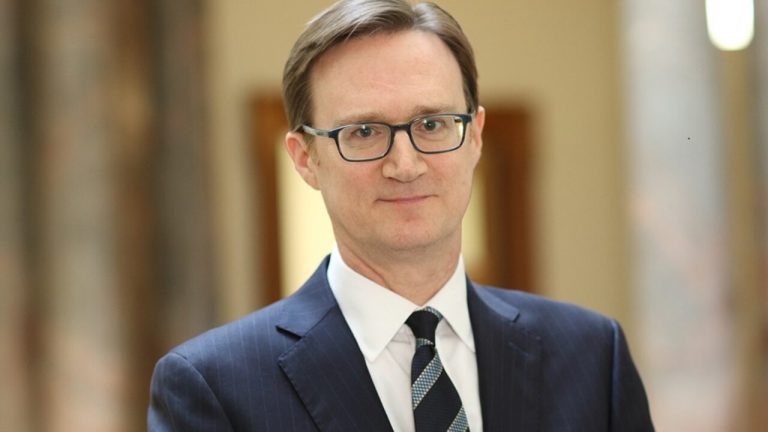The British High Commissioner to Nigeria, Dr. Richard Montgomery, has expressed concern over the rising insecurity in the country.
Montgomery, who blamed the situation on the spillover effects from the Sahel region, particularly Sudan and Niger, spoke with newsmen on Wednesday.
At the briefing in his residence in Abuja, the High Commissioner said: “The issue of insecurity is still there and it is worrisome.
“But we are working very closely with the Office of the National Security Adviser in Nigeria to offer help in this area.
“The problem of insecurity in Nigeria is complicated by the fact that it is a spillover from the crisis in the Sahel region, particularly in Sudan and Niger.”
Also Read:
- Tinubu to attend Pope Leo XIV’s inauguration in Rome
- Anambra: Police launch manhunt for suspected killers of lawyer, one other
- FCCPC dissociates self from illegal consumer protection company, seals premises
- Five in police net for allegedly stealing, selling two-week-old baby
- No casualty in Ifako Ijaiye General Hospital fire outbreak – CMD
Montgomery also raised concerns over cases of visa fraud in the country, pointing out that the situation is responsible for the recent cases of visa rejections.
He urged Nigerian visa applicants to always provide the right supporting documents when applying for a UK visa to enhance their chances of securing their travel documents.
The High Commissioner also expressed support for the reforms being carried out by President Bola Tinubu, saying they are yielding the desired results.
He said following the reforms spearheaded by the Tinubu administration, the Nigerian economy has recorded more revenue and reduced financial deficits and paved the way for more investors to come and invest in the country.
Montgomery said: “The reforms are making Nigerian more investable.
“We agree with the World Bank Report recently released that the Naira is now more stable and foreign exchange predictability enhances business and investments.
“Again, foreign reserves are going up and that makes Nigeria less risky for investment.
“Inflation is still high at around 20 per cent, and it will take some time to come down.
“There is a big increase in government revenue and the abolition of fuel subsidy has brought more money for Nigeria.
“It is almost 90 percent of revenue.
“The growth rate has risen.
“These reforms are working and they are making Nigeria more investable.”


